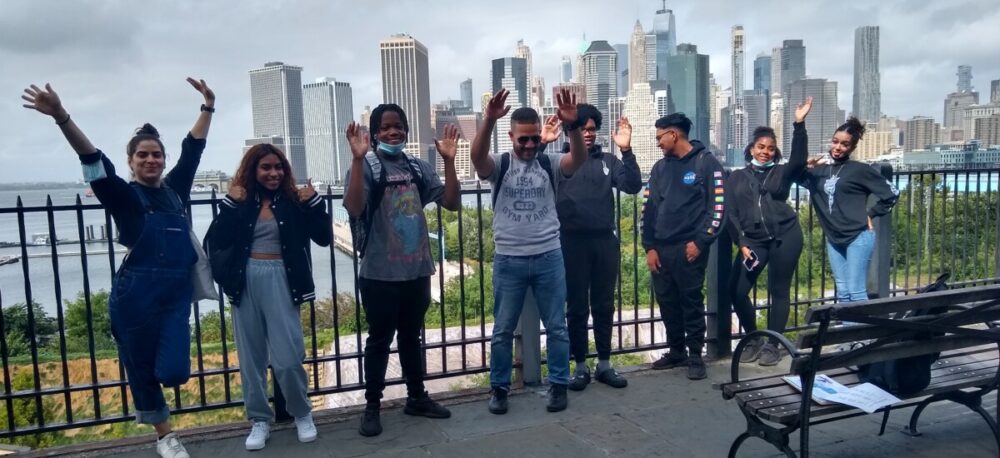The article I have chosen to comment on, titled Olivia Rodrigo, Paramore, and the murky tides of copyright infringement, was written by Kirbie Johnson for Dazed Digital on September 7, 2021. The article covers a recent topic of conversation in the music industry surrounding Olivia Rodrigo’s album Sour and the vast amount of similarities between her recent music and artists including Paramore, Taylor Swift, and St. Vincent. The main focus of the article is Rodrigo’s single “good 4 u” and its striking resemblance to Paramore’s “Misery Business”. Throughout the article, Johnson discusses the confusing, yet fine, line between copyright infringement and inspiration when it comes to new music. After releasing her album, Rodrigo retroactively added writing credits to a few of her songs because of the buzz around the similarities in previously released music. In doing so, she is handing over (or sharing) songwriting credits and the compensation that comes along with it. The article goes over not only the Rodrigo discussion but also talks about how this never-ending discussion gets different answers and thoughts depending on who you ask.
In my opinion, I think it is a very difficult decision to make. There are many laws and rules in place to prevent the straight-up copying of an artist’s songs. There are even ways to work around it in a legal way through sampling and interpolation. With that, how will any song sound completely different? A quote that stuck out to me in the article was the line, “Does evoking a similar ‘feeling’ really warrant possible litigation, credit, and compensation?” Especially now with so much past music in the worldwide discography, it is hard to say what is straight-up copying and what just sounds similar. Especially in pop music, there are well-known chord progressions that are widely used. Do I think Rodrigo was somewhat backed into a corner and felt forced to add the credits? Yes. In one of her other songs, she did initially include credit to Taylor Swift for interpolation. One would think that if she intentionally and actually “copied” a previous artist, she would have known to credit them. Do I also think “good 4 u” sounded very similar to “Misery Business”? Yes to that too, but I think it was more along the lines of inspiration. If the whispers were not out there about the similarities between the two songs, I cannot say I would have made a connection (and I am a huge Paramore fan!!).
If you want to look into this topic more (specifically stemming from the Rodrigo and Paramore debate) here is a really good video on YouTube that goes into more detail about the similarities, and differences, between not only “good 4 u” and “Misery Business,” but various songs in the pop/pop-punk genre. It also talks about the 4 chords commonly used in pop music. See the video here: https://www.youtube.com/watch?v=qX7a2p5_JsM



